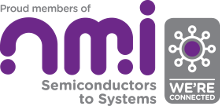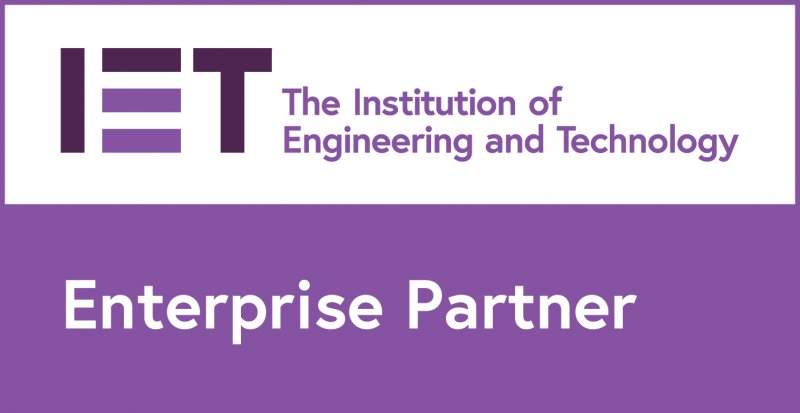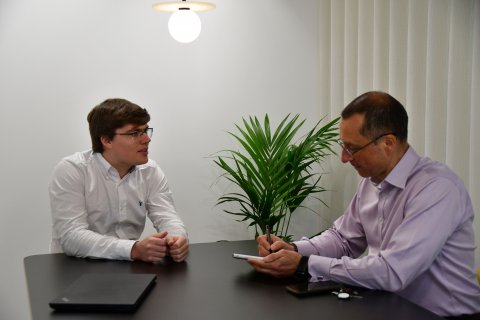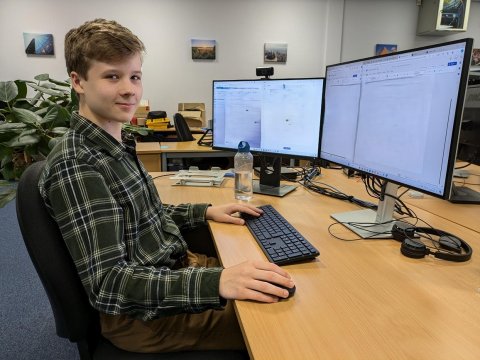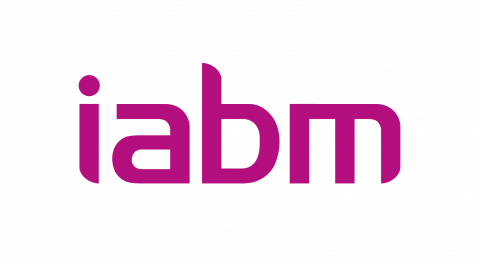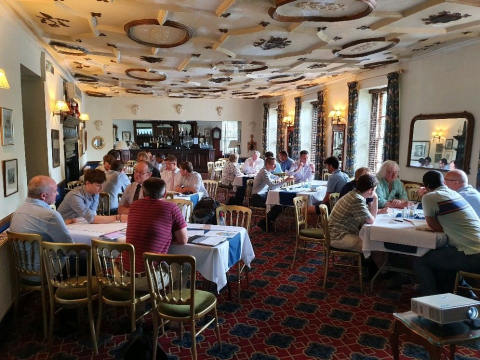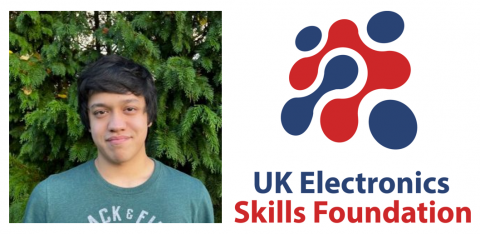
Background
Having previously only sponsored UKESF students who spent summer vacations with us, in addition to our summer internship placements, we took the opportunity to offer a year long placement to give applicants, and ourselves, the chance to develop a deeper engagement. Joseph was the first successful applicant, and he spent a valuable year working on a variety of projects. Here’s his review of the projects he worked on ...
Joseph's experience
I was first informed of the opportunity to participate in the UKESF scholarship at an electronic engineering residential trip at the University of Sheffield run by EDT as part of their ‘Headstart’ programme. I was immediately drawn to the idea of participating in the scholarship because it offered a guaranteed placement and would give me incredibly important pre-employment experience. I also realised that the programme would synergise perfectly with the year in industry offered at most universities. It’s also prestigious and provides me with scholarship money too. I realised my involvement would also show my longstanding and deep interest in the pursuit of a career in electronics.
When looking through the options on the UKESF website, I was specifically looking for placements which could offer a full year placement as well as the opportunity to take on work involving both general software and RTL design. At the time, only a few companies fitted these criteria and ITDev was one of them!
The application process was quite streamlined. It involved signing up for a UKESF account and then separately applying to each company I was interested in. A verdict from each company was then returned and for each successful application an interview was arranged. Once the interviews had been completed, interested companies were selected.
Each company has information on what they do and what a placement with that company would entail. ITDev’s page also included a statement from a previous scholar which was extra helpful for giving a further insight into the company’s workings.
I think one of the great things about this experience is that I didn’t know what to expect from a workplace before joining ITDev and being there has supplied me with a lot of answers.
Much of the work I have been involved with has been varied, developing a range of skills across several projects for example:
MuxPi
I created documentation for and worked out how to use the board which is intended for switching between multiple OS instances of a DUT (Device Under Test). MuxPi was connected to DUT using an extendable SD card emulator and then the MuxPi could switch (or multiplex) between states where the SD card could be read from or written to. It also had other functionality like a relay for turning on the DUT remotely and current monitoring.
Graphics Project
I created documentation and worked out how to generate a 4K60 output signal using a Raspberry Pi along with an OS called Kodi (based on LibreELEC).
Multiple Graphical Output
I produced an output of multiple videos at the same time for a customer project using a Raspberry Pi running mplayer (video player) with a bash script to automatically move and full screen the instances on different screens. I also worked in a team to recompile software for another customer project.
FPGA Project
On another project I created a Jenkins Groovy pipeline to automatically build a client’s large FPGA build, a project that was a great success gaining positive customer feedback. My experience extended to being involved in the client handover meeting too.
Video SDR to HDR IP Project
This project gave me the opportunity to use RTL, Python modelling, C++ modelling, completing project planning and feasibility studies, working across the full project duration.
As part of my formal training at ITDev, I have been supplied with a subscription to Pluralsight which offers video courses related to software development. I have used Pluralsight to learn more about Python, Git and C++.
I have also been given more personalised guidance from my supervisors on the various projects I have worked on. This guidance can involve pair programming or could just be a hint to nudge in the right direction.
In the case where I had a more general problems, I was always able to ask someone working in the office to give me a hand and they’d always be happy to help if they had the knowledge in the subject area.
Finally, there is pastoral help in the form of my mentor who would check in with me once a month.
Comment from ITDev
Joseph was a great addition to the team for the 12 months he was with us. He was fortunate that we were able to expose him to some client projects and invite him to face to face meetings. We always ensure our clients approve a student working on their project when the appropriate opportunity arises, and always with close supervision.
In reflection on the year long internship, both parties gained significantly compared to a summer placement. We were able to invest more in Joseph, knowing he was working with us for a longer period and Joseph benefited from become more integrated in the team and could gain deeper exposure to projects. With these benefits we are looking to offer more year long placements.
As mentioned by Joseph, staff mentoring, support and supervision is something we pay close attention to for all staff. We’ll be publishing a health and wellness article in the next few weeks to explain some of the benefits our staff have available.
